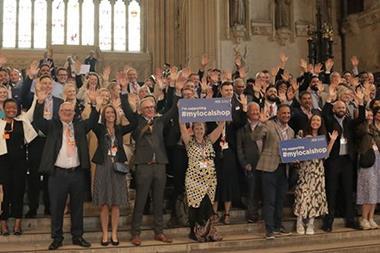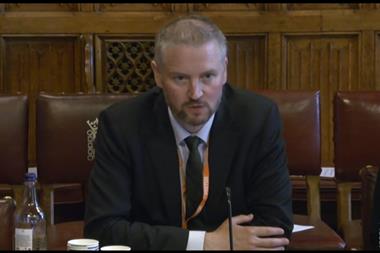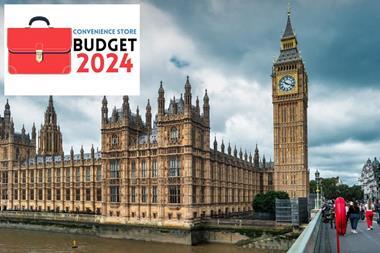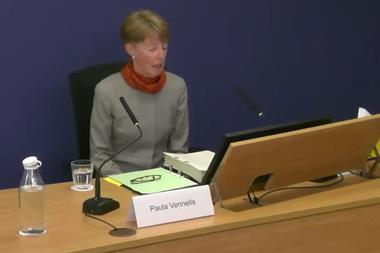
Ahead of the Budget on Wednesday, the Association of Convenience Stores has modelled the potential impact on the sector of some of the policy changes that have been widely discussed by the media and MPs.
While the Government has committed to not raising the headline rates of income tax, VAT, or national insurance on ‘working people’, there are concerns that the rates of employer National Insurance Contributions (NICs) could be increased, as well as changes to the way pension contributions are taxed. There is also concern over the cost of business rates next year and the removal of the 75% retail and hospitality relief.
- The current projection for the rate of the National Living Wage in April 2025 is £12.10 per hour, a 5.8% increase on the current rate. This would take the convenience sector wage bill from £7.2bn to over £7.6bn.
- Employers’ NICs: The biggest determinant of the cost of Employer NICs to the sector is the rate of the National Living Wage. At £12.10 per hour and with no other changes, Employer NICs would increase in 2025 from £312m to £364m. If there were to be a one percentage point increase in the rate of Employer NICs (from 13.8% to 14.8%), the cost would increase to over £404m.
- In the convenience sector, 74% of colleagues are enrolled into a workplace pension. The total cost of pension contributions for the convenience sector is set to rise from £101m currently to £110m in 2025. If employers were required to pay national insurance contributions on their pension contributions, this would cost an additional £15m.
- In 2024/25, the business rates bill for the convenience sector is set to be around £245m (up from £199m last year), with retailers currently benefitting from 75% retail and hospitality reliefs (up to a maximum of £110,000 for large companies). If this discount were to be removed, the sector’s rates bill would increase to around £300m.
Looking at the cost increases that retailers are already facing in changes to NLW rates and business rates valuations/multipliers, bills are set to increase by £524m next year. If the changes in policy above were to be announced in the Budget, this would rise to £634m.
ACS chief executive, James Lowman, said: “The Government has spoken of promoting investment and growth. Each of these measures, that have been widely trailed in the run up to the budget, would inhibit this ambition and mitigate against investment and growth in the convenience sector. The cumulative impact of more than one of these measures could be extremely serious, threatening the viability of the only businesses that remain to provide a lifeline in countless villages and housing estates across the country.
“Our sector is at the sharp end of the fight against retail crime, faces pressure on operating margins, and is set to be impacted by a host of new regulations. Local shops owners are facing what could be another half a billion pounds of new costs as a result of the budget, and just as the Chancellor has to make tough decisions, so these business owners will be choosing between some unpalatable options as a result; cutting investment, cutting employment or cutting back on the services they provide.
The ACS is advising the Treasury to increase the employer NIC threshold to £185 per week and update it annually, maintain small business rate relief, introduce an alternative rating methodology for online distribution warehouses and ringfence revenue from any upcoming vape levy fund to fund local enforcement.




























No comments yet